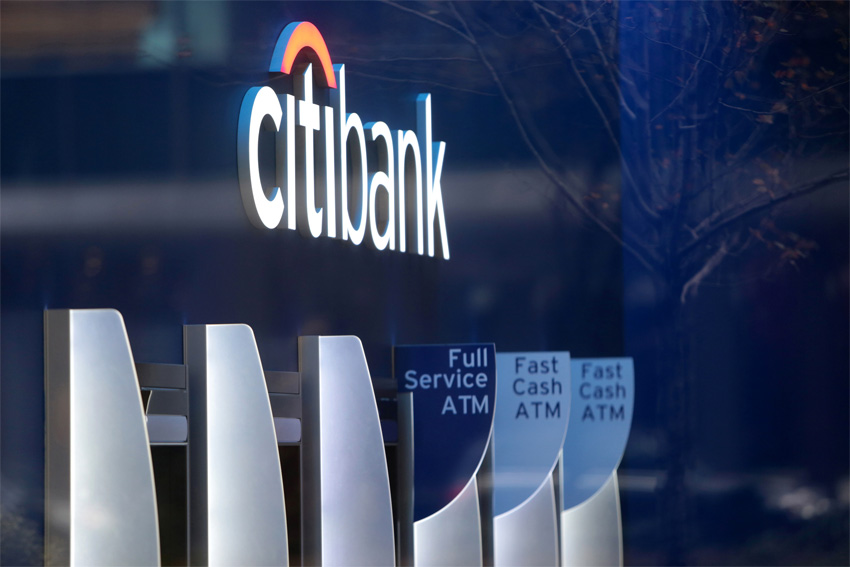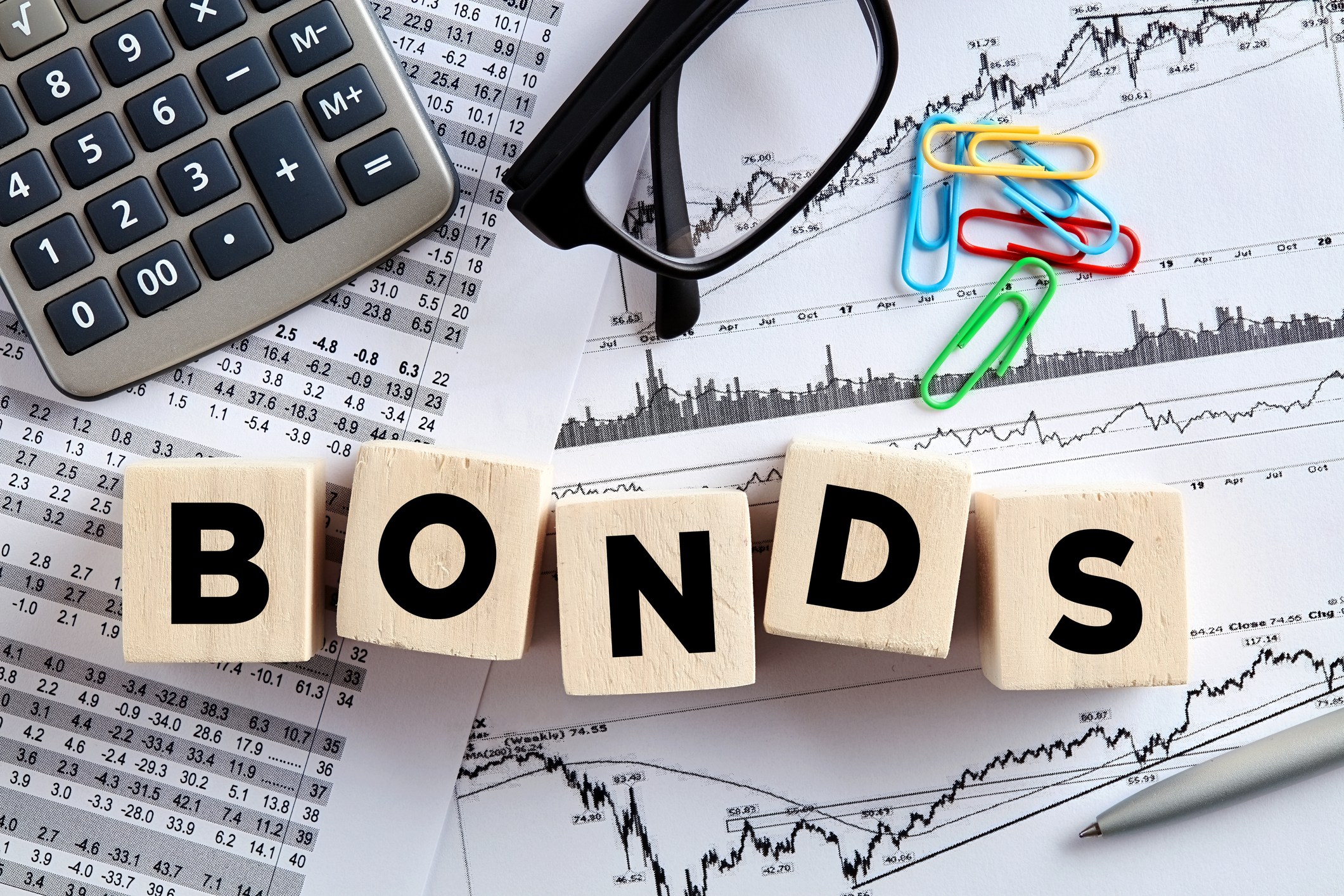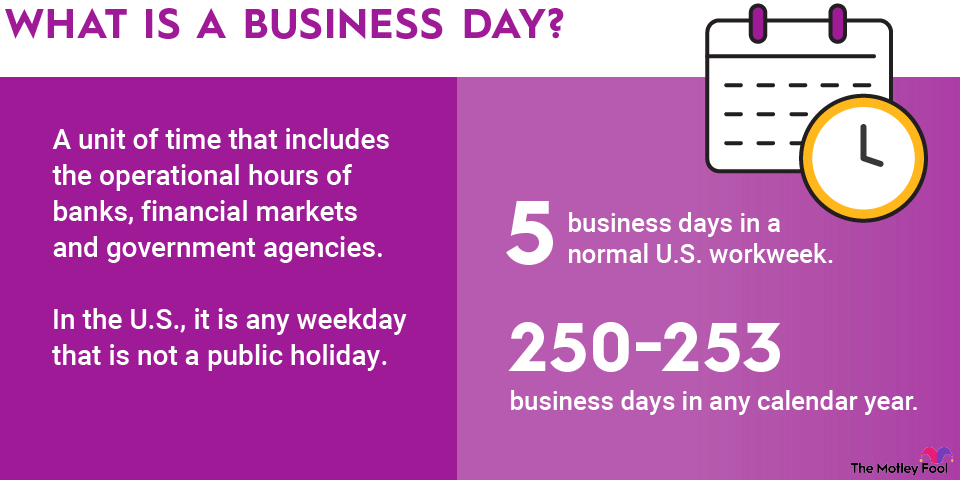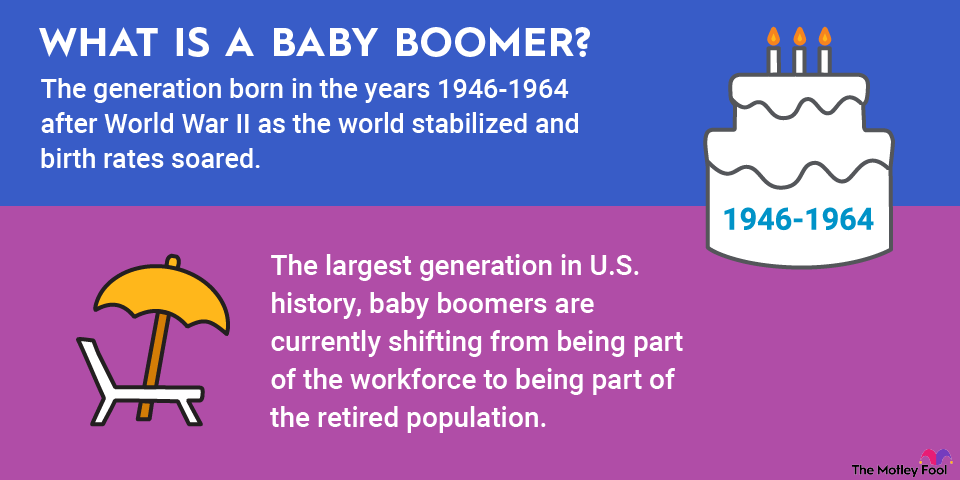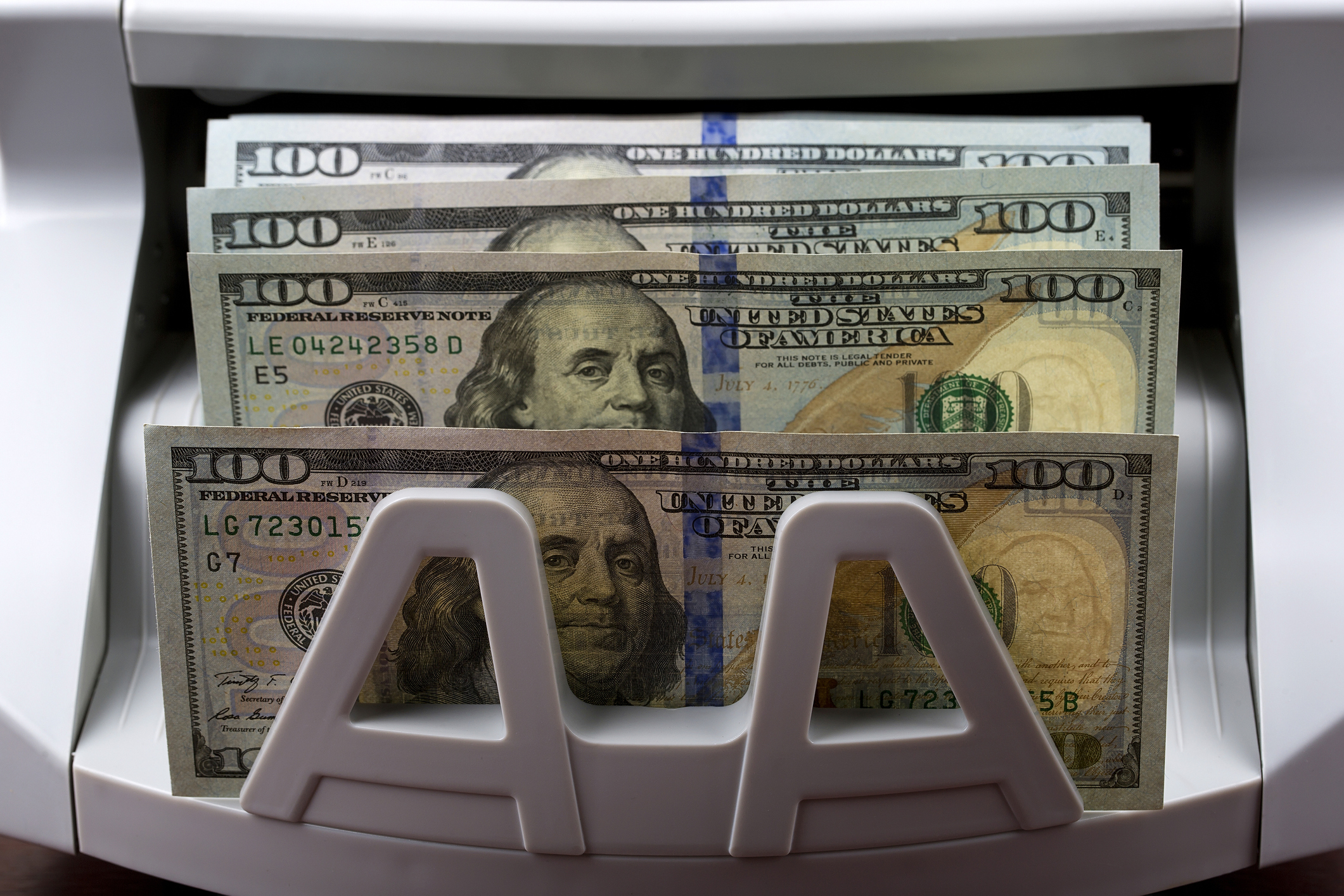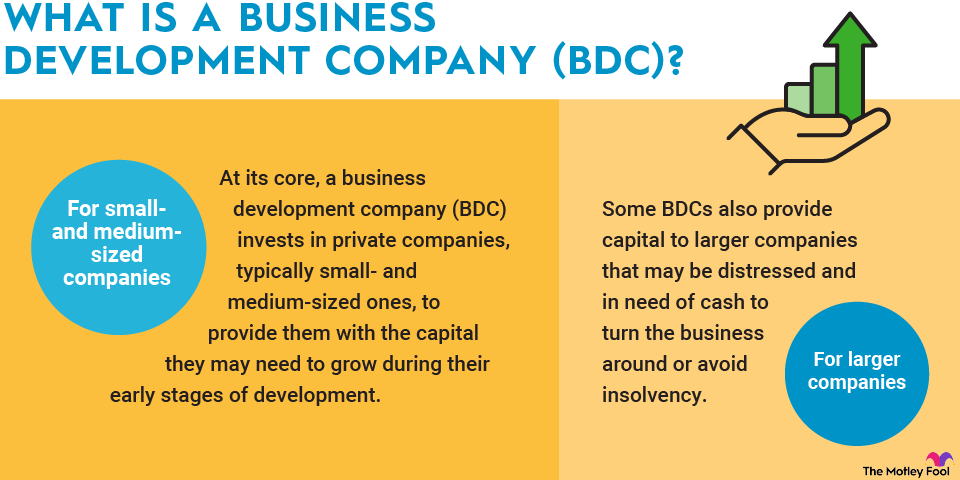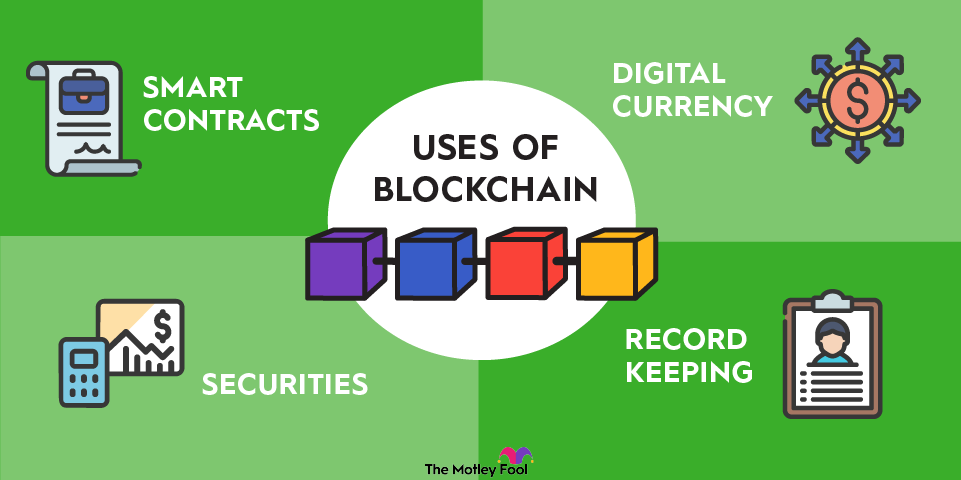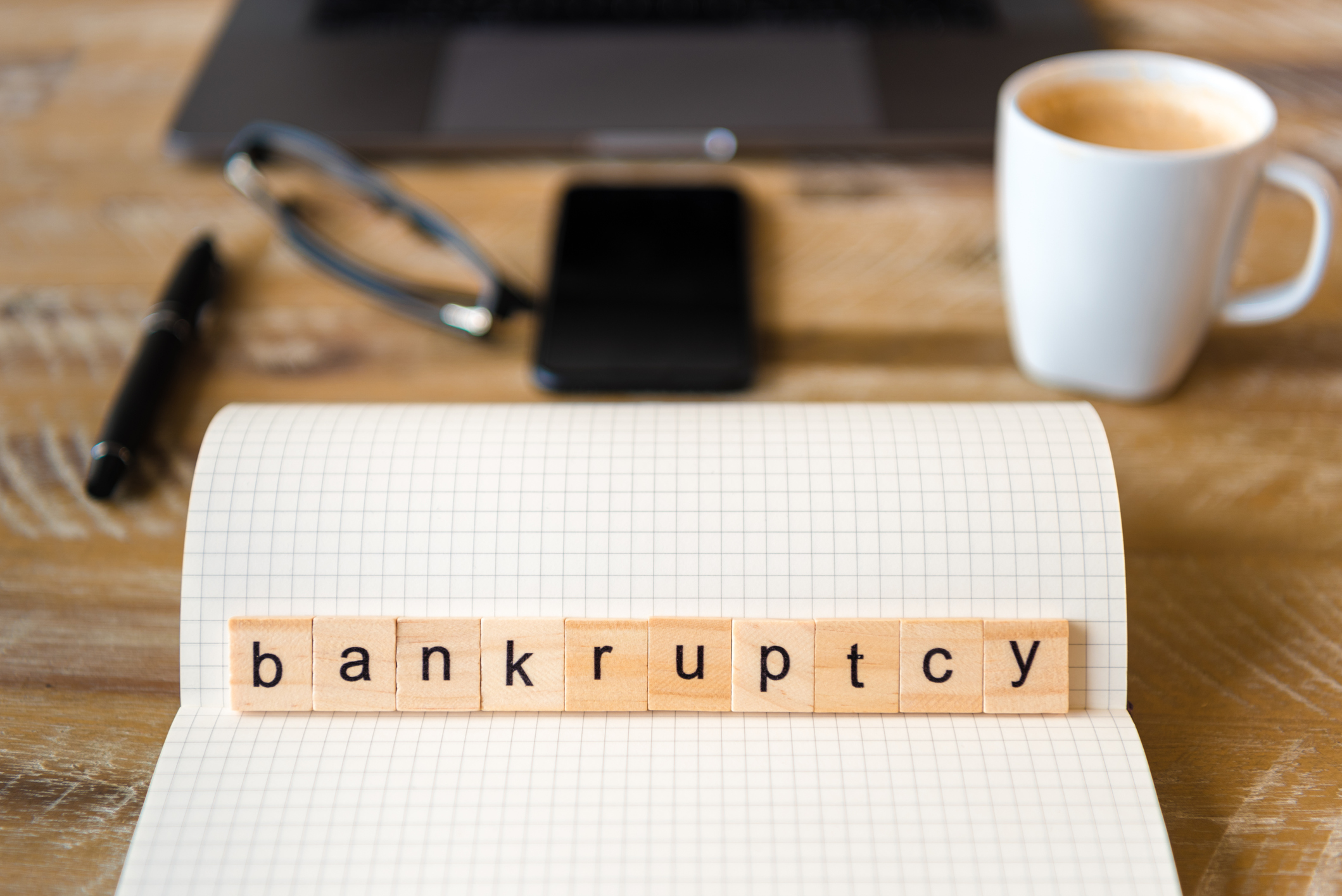When you shouldn't file for bankruptcy
Don’t try to file for bankruptcy if you haven’t explored all your options yet. Additionally, be aware that not all debt can be discharged as part of a bankruptcy proceeding. Non-exempt liabilities include tax claims, court-ordered spousal or child support, government fines or penalties, court fines or penalties, some retirement plan loans, and possibly student loan debt (although the White House and Congress are considering different student loan forgiveness options).
Bankruptcy will also severely affect your credit score. If you plan on taking out debt for a large purchase such as a car or home, bankruptcy could cause creditors to turn down your application for a loan. A lowered credit score due to bankruptcy will also generally lead to a higher interest rate on any credit that is offered. Consider alternatives to bankruptcy that don’t lower your credit score as much if a major purchase is being planned.
Bankruptcy can be a way to get a new lease on your financial situation, but there are trade-offs. Here are a few more things to consider:
Advantages of Bankruptcy
- Bankruptcy might offer relief from burdensome debt you cannot afford, sometimes by eliminating it.
- Certain proceedings (like Chapters 11 or 13) can help you pay off debt and keep important assets such as your home or business.
- Once bankruptcy proceedings and repayment plans are complete, you’ll have a fresh start from which to begin rebuilding your financial well-being.
Disadvantages of Bankruptcy
- Depending on the type of bankruptcy filed, you could eventually lose important assets. For example, Chapter 7 can only delay a home foreclosure and not halt it.
- Bankruptcy stays on your credit report for a long time. Chapter 7 remains for 10 years, and Chapter 13 for seven years. This won’t affect your ability to build your assets via activities like investing, but it may hinder your ability to get loans for everything from real estate to credit cards for at least a couple of years.
- If credit is extended, your interest rate on loans is likely to be higher than average while you rebuild your credit score after a bankruptcy.

